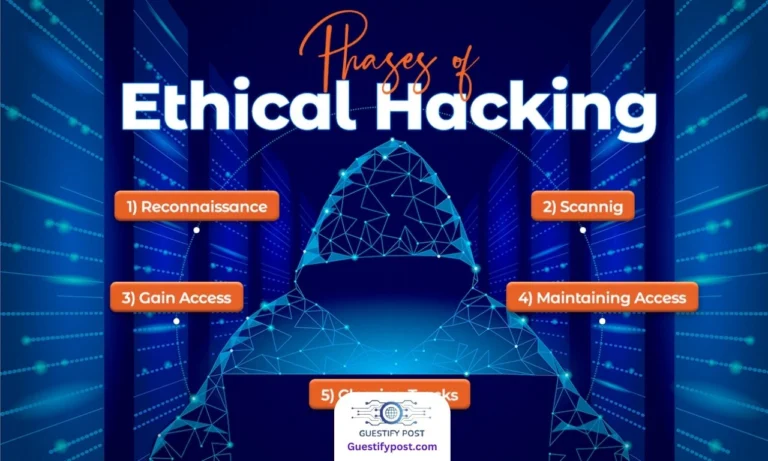Blockchain Business and Its Transformative Impact
Enter the era of blockchain business, a revolutionary force poised to redefine the way we conduct business. Fritz Jouseen, CEO of TUI Group, compares blockchain to the next internet, foreseeing its potential to eliminate the middleman from transactions.
It offers a paradigm shift in various industries. In an interview with Skift’s Dave Montali, Jouseen emphasizes how blockchain challenges the monopolistic grip of intermediaries, heralding a significant transformation in the business landscape.
Blockchain’s Orderly Potential
The order caused by companies like Uber and Airbnb in the past decade was indeed groundbreaking, seemingly empowering consumers. However, it inadvertently replaced the traditional middleman with a new centralized authority. The real game-changer is now emerging through decentralized marketplaces built on blockchain technology.
Breaking Monopolistic Holds
Jouseen predicts that blockchain will shatter the almost monopolistic control held by giants like Priceline, Expedia, and Airbnb in the lodging and distribution ecosystem. This decentralized approach is powered by blockchain.
It effectively removes the middleman from various commercial transactions, offering a more transparent and consumer-centric model.
Diverse Applications of Blockchain Business
The impact of blockchain extends beyond the travel industry. Its application is evident in smart grids, money transfers, contractual agreements, gaming, and government sectors. The technical backbone of cryptocurrency, blockchain, proves to be a versatile tool reshaping industries in real-time.
Consumer Readiness for Blockchain Business
Despite the complexity of blockchain and cryptocurrency discussions, the benefits of blockchain-based technology are becoming increasingly apparent. Real estate transactions, burdened with friction and centralized control, are now experiencing disruption through blockchain projects, reducing fees and encouraging crowdfunding for rental deposits.
Conclusion
Consumers are seeking personal control and transparency in their transactions, challenging industries laden with fees and regulations. Blockchain emerges as the preferred solution, aligning with the evolving consumer behavior that rejects intermediaries.
This shift signals the imminent closure of the era dominated by middlemen, with consumers driving the demand for a more personalized and transparent business environment.







